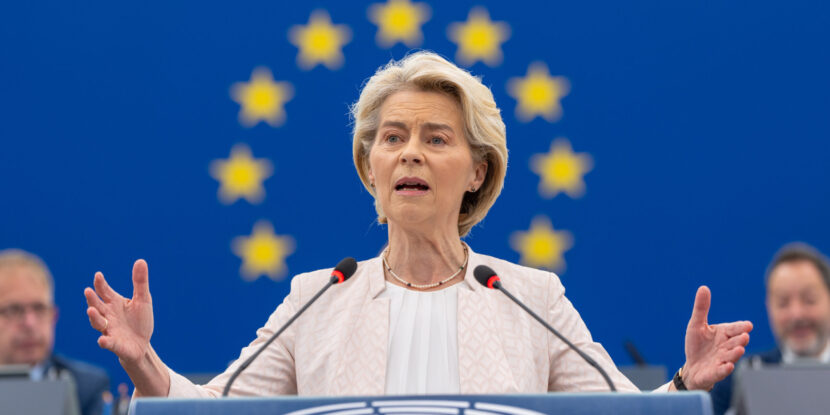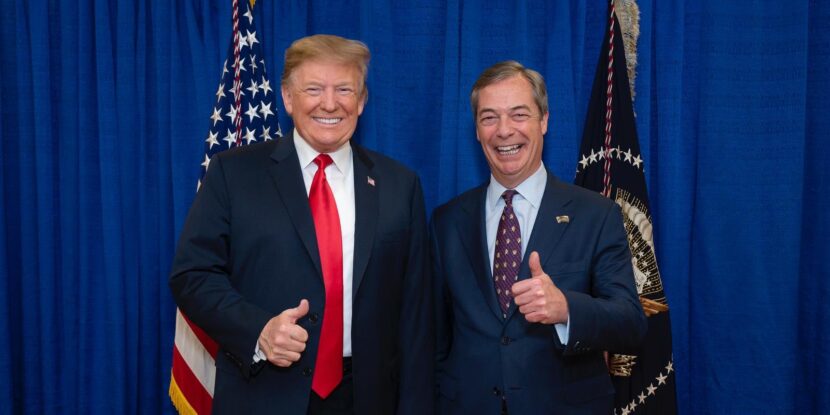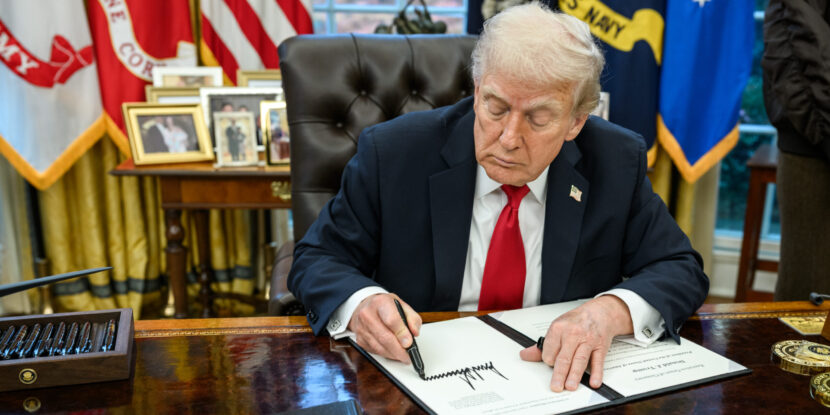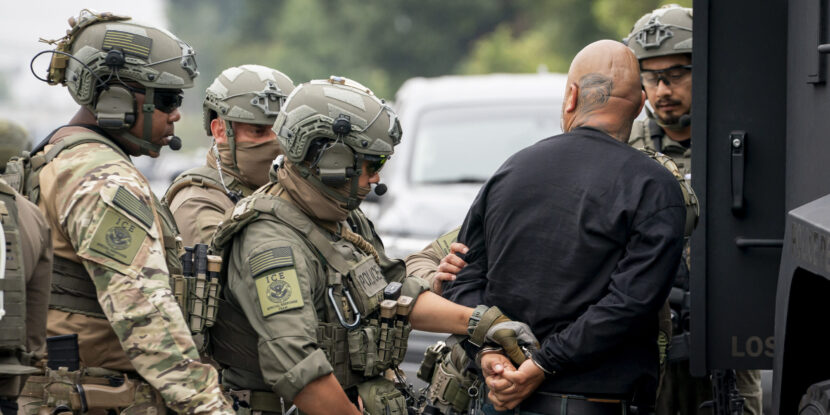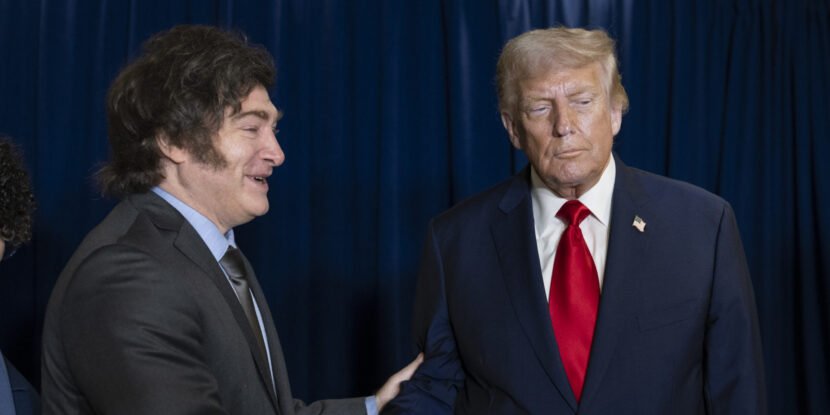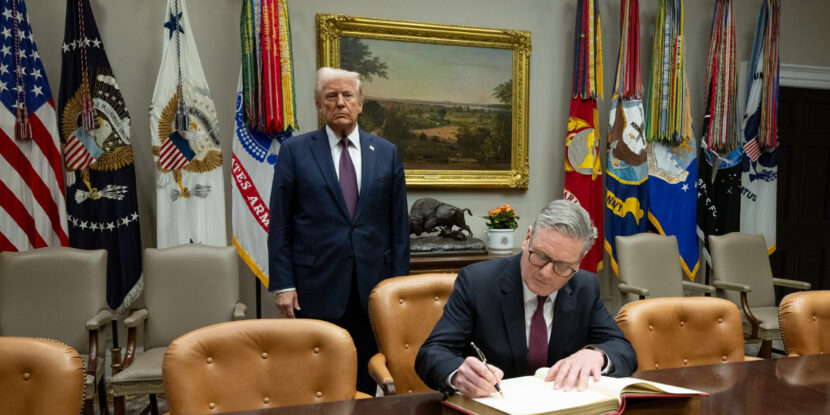PULSE POINTS:
❓What Happened: The European Union (EU) wants to establish a “maritime security hub” in the Black Sea region to counter Russia’s “shadow fleet” and protect undersea cables.
👥 Who’s Involved: The European Commission, EU members Romania and Bulgaria, Georgia, Moldova, Turkey, Ukraine, and NATO.
📍 Where & When: Black Sea region; proposal released Wednesday, May 28, 2025.
💬 Key Quote: “Turkey can play a constructive role on countering Russia’s shadow fleet,” the European Commission argues.
⚠️ Impact: The hub aims to enhance maritime security, monitor ceasefires, and improve EU relations with Turkey, which are strained despite its status as an official candidate for EU membership.
IN FULL:
The European Union (EU) is proposing the creation of a “maritime security hub” in the Black Sea region to confront Russia and protect critical infrastructure, including undersea cables, according to a European Commission document released Wednesday. Despite the appeal to regional security, the move could be seen as a significant provocation against Russia, whose ongoing invasion of Ukraine is in part aimed at securing greater Black Sea access.
According to the European Commission document, the initiative would focus on enhancing maritime capabilities for “real-time monitoring from space to seabed” and establishing an early warning system for potential threats. The hub, which EU officials suggest could be located in member states Bulgaria or Romania, would also support ceasefire negotiations and monitoring efforts in Ukraine and the broader Black Sea region. The proposal comes amid heightened concerns from Black Sea nations, including EU members Romania and Bulgaria, over Russia.
Kaja Kallas, the EU’s top diplomat, emphasized the importance of a ceasefire before the hub’s full potential could be realized. “But first, we need to have a ceasefire,” she remarked, referencing a prior U.S.-brokered attempt that failed due to a lack of Russian compliance.
Turkey, which controls maritime traffic through the Bosporus Strait, is identified as a key player in the success of the proposed security measures. The European Commission noted that Ankara could “play a constructive role on countering Russia’s shadow fleet” and contribute to efforts aimed at bolstering maritime safety and energy security. The Russian “shadow fleet” is a collection of aging vessels that the country uses to circumvent oil sanctions imposed by the U.S. and EU.
In recent months, Turkey has indicated its willingness to participate in a future European “reassurance force” for Ukraine, which could include maritime assets to monitor a ceasefire. However, EU-Turkey relations remain fraught, with longstanding disputes involving EU members Greece and Cyprus and Turkey’s accession to the EU being stalled for over a decade.
EU Enlargement Commissioner Marta Kos suggested that the Black Sea strategy could help foster “good neighbourly relations” with Turkey. However, she refrained from addressing the broader issue of Turkey‘s EU membership ambitions.
